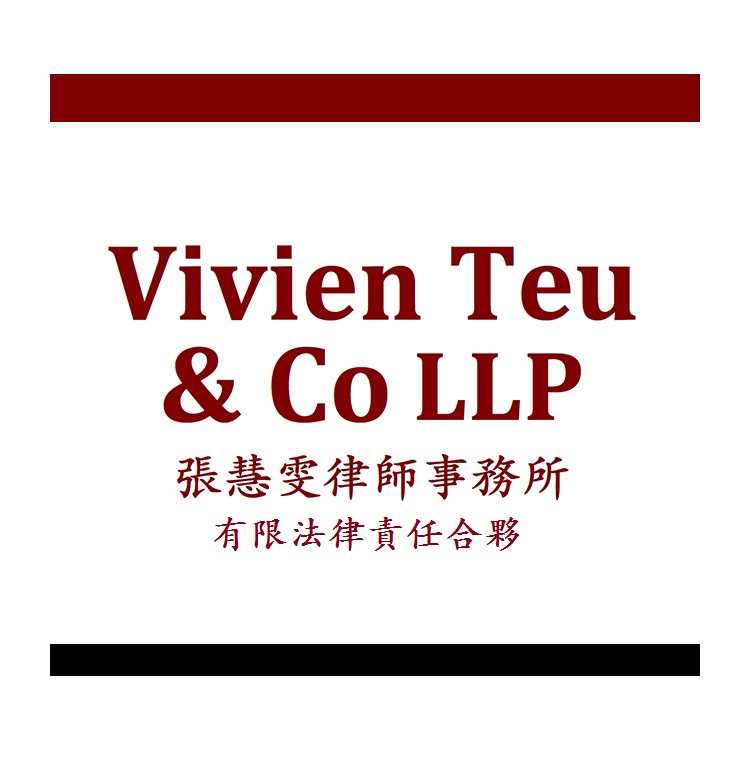17 November 2020
On 20 December 2019, Hong Kong’s Securities and Futures Commission (SFC) issued a consultation paper on proposed enhancements to the open-ended fund company (OFC) regime (Consultation Paper). On 2 September 2020, the SFC released its consultation conclusions with proposed amendments to the Code on Open-ended Fund Companies (OFC Code) to implement the enhancements to the OFC regime (Consultation Conclusions). The revised OFC Code were gazetted on 11 September 2020 and become immediately effective upon gazettal (Revised OFC Code), while a six-month transition period is given to existing private OFC custodians to comply with certain new safekeeping requirements by 10 March 2021. The proposed enhancements to the OFC regime are discussed below.
To implement the enhanced OFC regime, the SFC has also updated the Information Checklists, Template of Instrument of Incorporation for Umbrella Private OFC and the Frequently Asked Questions relating to OFCs, all of which are available on SFC’s website.
Expansion of custodian eligibility requirements for private OFCs
In the Consultation Conclusions, the SFC confirms to expand the custodian eligibility requirements for private OFCs such that the custodian of a private OFC is now not required to meet the same eligibility requirements as set out in the Code on Unit Trusts and Mutual Funds (UT Code) for SFC-authorised funds, but rather intermediaries licensed or registered for Type 1 regulated activity of dealing in securities (RA1) are also eligible to act as custodians for private OFCs. However, while the custodian eligibility requirements for private OFCs now include RA1 intermediaries, the SFC will not further expand them to intermediaries licensed for the regulated activity of dealing in futures contracts (RA2) or for the regulated activity of dealing in OTC derivative products or advising on OTC derivative products (RA11), as it considers that RA2 and RA11 intermediaries do not normally perform an incidental securities custodial function as RA1 intermediaries when carrying on their respective regulated activities and also that these regulated activities are very different in nature from RA1.
The SFC noted in the Consultation Conclusions that a custodian must be appointed for safekeeping of assets of a private OFC regardless of the types of the assets and even where a private OFC invests in private equity and venture capital. While allowing RA1 intermediaries to act as custodian for private OFCs, the SFC imposes certain eligibility criteria on them which include: (i)an RA1 custodian’s license or registration is not subject to the condition that it shall not hold client assets; (ii) for a custodian which is a licensed corporation, at all times maintains paid-up share capital of not less than HK$10 million and liquid capital of not less than HK$3 million; (iii) the private OFC is, and remains at all times, a client of the RA1 custodian in respect of its RA1 business (though a grace period of six months will be allowed for the RA1 custodian to continue to act as custodian of the private OFC and to transfer the OFC scheme assets to a new custodian); (iv) an RA1 custodian must have at least one responsible officer or executive officer responsible for the overall management and supervision of its custodial function; and (v) the RA1 custodian must be independent of the investment manager (and where asset management and securities affiliates share responsible officers and directors, internal controls must be in place to ensure functional independence). Private OFC custodians are also required to comply with the requirements as set out in Appendix A to be newly added to the OFC Code regarding the safekeeping of private OFC assets. In this regard, the SFC noted that those requirements in Appendix A are minimum requirements which all custodians should comply with and confirms that while the OFC assets must be segregated from assets of the custodian, they may be held in omnibus accounts, provided adequate safeguards in line with international standards and best practices are in place to ensure proper recording and frequent reconciliations of the OFC assets.
For both public and private OFCs, the Revised OFC Code requires that the custodian must (i) have sufficient experience, expertise and competence in safekeeping the asset types in which the OFC invests; and (ii) maintain adequate internal controls and systems commensurate with the custodial risks specific to the type and nature of the assets invested.
Regarding appointment of custodian and/or sub-custodian, the SFC has clarified that more than one custodian can be appointed by an OFC, and custodians can delegate their custody functions to one or more sub-custodians as necessary.
Removal of investment restrictions on private OFCs
The SFC has now removed all investment restrictions on private OFCs under the OFC Code, including the “10% limit” originally imposed on private OFCs such that private OFCs are allowed to invest in all asset classes without limit on management of assets which may not amount to regulated activity. As noted by the SFC in the Consultation Conclusions, this is intended to place private OFCs on a level playing field with other overseas corporate fund structures as well as the recently enacted Hong Kong limited partnership fund (LPF) structure and enhance the competitiveness of the OFC structure. This will allow OFC to be adopted for investments other than securities or futures, such as investments in private companies, real estate, credit or other assets not previously eligible.
While confirming to remove the investment restrictions on private OFCs, the SFC, on the other hand, pointed out that new provisions will be included in the OFC Code to require that investment managers and custodians have sufficient expertise and experience in managing and safekeeping asset classes in which an OFC invests, with enhanced risk disclosure in the offering documents and proper record keeping required.
However, as SFC also noted, profits tax liability may arise if a private OFC makes investments in certain situations under which the profits tax exemption under the new unified profits tax regime for funds does not apply.
Re-domiciliation of overseas corporate funds
The SFC has proposed re-domiciliation mechanism that will allow overseas corporate funds to be re-domiciled to Hong Kong as an OFC, provided key requirements for the registration of an OFC applicable to newly formed OFCs are satisfied. The SFC noted that these are basic requirements such as the appointment of investment managers, custodians and directors who fulfil the eligibility requirements. According to the SFC, any changes to the overseas corporate fund structure which would not affect its ability to meet the key requirements can be effected after re-domiciliation.
The SFC has also considered and indicated there is no restriction on the restructuring of Hong Kong unit trusts into OFCs provided that relevant requirements for establishing an OFC are met and that such restructuring could be done in accordance with the constitutive documents of the unit trust. For SFC-authorised funds that are in unit trust form, their past performance and track records could be preserved if they were to restructure to OFCs.
Upon re-domiciliation, an OFC will be able to enjoy profits tax exemption subject to meeting certain conditions. The SFC’s proposal to introduce a re-domiciliation mechanism will take immediate effect upon completion of the legislative process.
Exemption from significant controllers register requirements
Given the open-ended nature of OFCs (though a “closed-ended” fund may use an OFC structure through imposing redemption restrictions), the SFC noted the difficulties of requiring OFCs to keep an significant controllers register (SCR) and considered that OFCs are very different from closed-ended conventional companies on which the SCR requirements are imposed. The SFC has proposed to align the AML/CFT requirements applicable to OFCs with those recently implemented for LPFs, requiring OFCs to appoint a responsible person to carry out AML/CFT functions. The SFC is also conducting a further consultation on the customer due diligence (CDD) requirements to be imposed on OFCs.
With the enhanced Hong Kong OFC regime, we believe that this alternative fund structure will become more appealing to fund managers seeking to establish or offer an investment fund in Hong Kong.
For further information, please contact:
Vivien Teu, Managing Partner, Vivien Teu & Co LLP
vivien.teu@vteu.co


.jpg)




